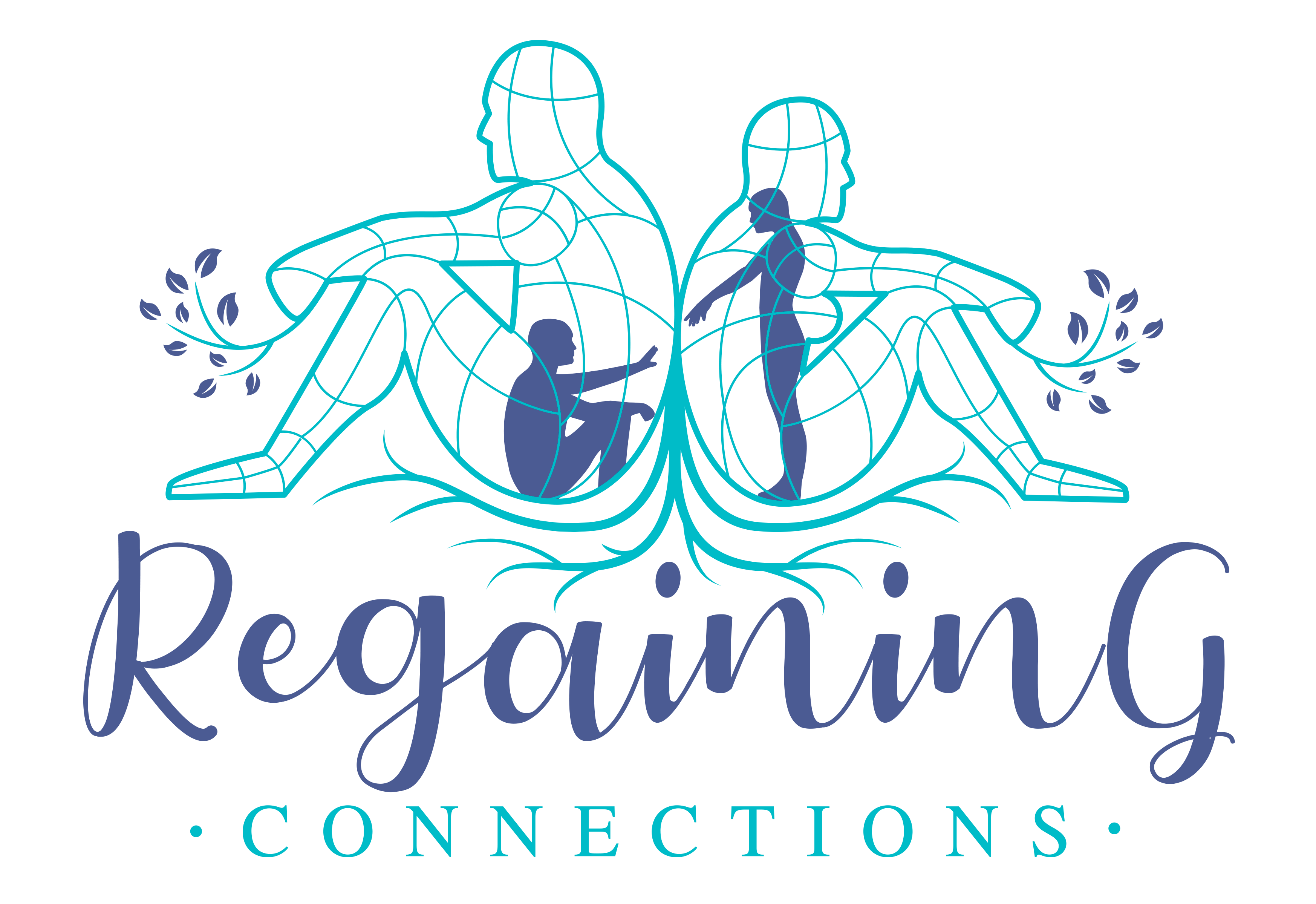Counseling for New Mothers
For new moms, it can be upsetting and frightening to have feelings about motherhood that don’t seem “right.”
For some women, a morning run, a healthy diet, and receiving help and support from family and friends are sufficient enough to get through the initial adjustment period. For others, talking to a therapist who specializes in dealing with new motherhood issues can be comforting, relieving, and enlightening.
Therapists who have extensive education and training in postpartum disorders understand that hormone changes, personal and family history, and social support are all vital factors in understanding and alleviating postpartum symptoms.
Common postpartum depression symptoms include:
- Feeling overwhelmed and wondering if you should have become a mother in the first place
- Feeling guilty due to high self-expectations
- Not feeling “bonded” with the baby
- Your thoughts are racing and you can’t quiet your mind
- Feeling empty and numb as if you’re just going through the motions
- Lack of focus and concentration
- Being afraid that if you reach out for help, others will judge your inabilities
- Thoughts of running away or leaving your baby behind
- Being constantly in a state of worry
What is postpartum anxiety?
Postpartum anxiety is when a person experiences severe anxiety after having a baby or becoming a parent (the postpartum period). These anxious feelings are often out of control and take over your thoughts. Some level of worry is expected after welcoming a new baby to your family. But, if you have postpartum anxiety, the worry can be all-consuming or make you feel worried all day and all night. It often causes you to have irrational fears or excessive worries about events that are unlikely to happen. Sometimes the anxiety is related to a specific incident from your past, but other times the worry is general and vague. For example, you may feel a constant sense of danger but be unable to put your finger on the cause.
Some examples of postpartum anxiety could be:
- Staying awake all night because you are afraid your baby will stop breathing in their sleep.
- Being terrified to leave your baby alone for a few minutes with an adult you trust (or your spouse).
- Being so afraid someone will hurt you or your child that the thought of leaving your house makes your heart race.
What is the difference between postpartum anxiety and postpartum depression?
If you have postpartum depression, you may experience excessive sadness, frequent crying or feel like you can’t take care of yourself or your baby. You may have trouble finding joy in your baby or feel like you aren’t capable of being a parent. Postpartum anxiety is associated with excessive worrying, not with sadness. If you feel panicked or overwhelmed with fearful thoughts, you may be suffering from postpartum anxiety.
Many of the signs of postpartum depression overlap with postpartum anxiety like disrupted sleep, heart palpitations or feeling afraid. It’s common for people with postpartum depression to experience signs of postpartum anxiety. However, not everyone with postpartum anxiety is also depressed.
If one or more of the above symptoms resonates with you, I invite you to contact us today for a free consultation. Together, we’ll find the underlying issues that make you feel disconnected from your baby and create a strategy for moving forward. Contact us today to see how we can help.
